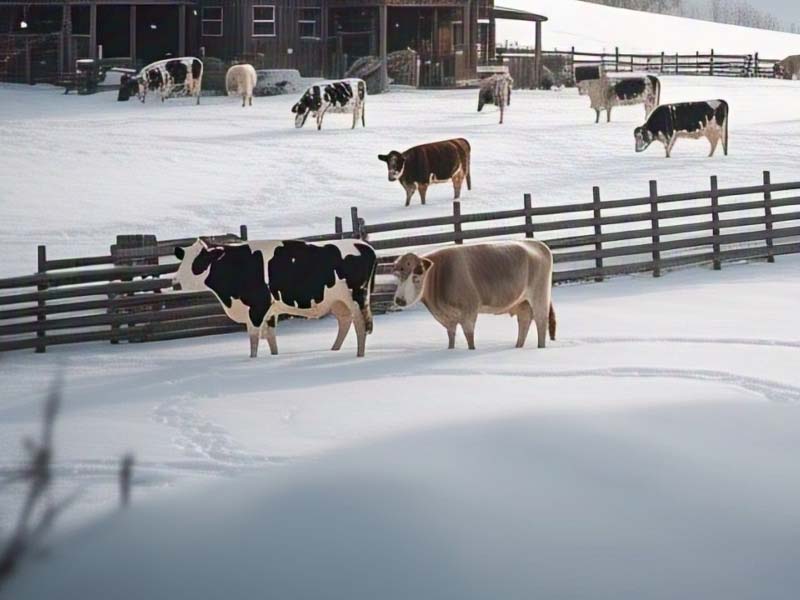
Resilienceapac – Cow dung, often seen as an unpleasant byproduct of the dairy industry, is now at the forefront of Japan’s clean energy revolution. In Hokkaido, Japan’s second-largest island, dairy farms are finding innovative ways to turn cow dung into hydrogen, a potential alternative to fossil fuels. This transformation is not only reducing environmental waste but also providing sustainable energy for vehicles and local industries.
Hokkaido is home to over a million cows, producing more than half of Japan’s dairy products. However, these cows also generate around 20 million tonnes of manure annually. If not properly managed, this waste can release methane a potent greenhouse gas into the atmosphere and pollute water sources. To address this issue, the Shikaoi Hydrogen Farm is pioneering a process to convert cow manure into hydrogen, turning an environmental burden into a valuable resource.
“The Power of Satire: Upstart Crow’s Theatrical Reinvention”
The Shikaoi Hydrogen Farm collects cow dung and urine from local farms and processes them through an anaerobic digester, where bacteria break down the organic material. This process generates biogas, which the facility then purifies into methane. Next, the farm refines the methane through steam reforming, extracting hydrogen while minimizing carbon emissions.
The facility currently produces 70 cubic meters (18,500 gallons) of hydrogen daily. It also operates an onsite fueling station that services hydrogen-powered vehicles, including tractors and forklifts. Since these farm vehicles are difficult to electrify with batteries, hydrogen provides a viable alternative. The hydrogen produced is also stored in canisters and transported to power other facilities, such as fish farms and the Obihiro Zoo.
While the potential of hydrogen as a sustainable energy source is immense, challenges remain. Hydrogen must be stored in high-pressure tanks or at extremely low temperatures, requiring specialized infrastructure. Additionally, the cost of hydrogen production remains high compared to traditional fossil fuels, limiting widespread adoption.
Despite these challenges, the project continues to push forward. Future plans include integrating renewable energy sources such as wind and geothermal power to make hydrogen production even greener. With continued innovation and investment, cow dung could play a significant role in shaping Japan’s clean energy future.
“Digitalization Increases Logistics Transparency”
Resilienceapac - Asia’s children are facing an alarming future as climate change accelerates. According to a recent UNICEF report, by…
Resilienceapac - Best Island in Asia Pacific Bali has once again proven its status as a world-class destination by securing…
Resilienceapac - Empowering women has long been a crucial step toward achieving true gender equality. The Asia Pacific Forum on…
Resilienceapac - The AI Revolution is transforming industries at an unprecedented pace. With 50% of organizations now adopting Artificial Intelligence…
Resilienceapac - China's Market Shift is reshaping global trade dynamics as the nation actively reduces its dependence on the United…
Resilienceapac - Asia-Pacific Unites to tackle the escalating crisis of antimicrobial resistance (AMR), a pressing health challenge that threatens global…
